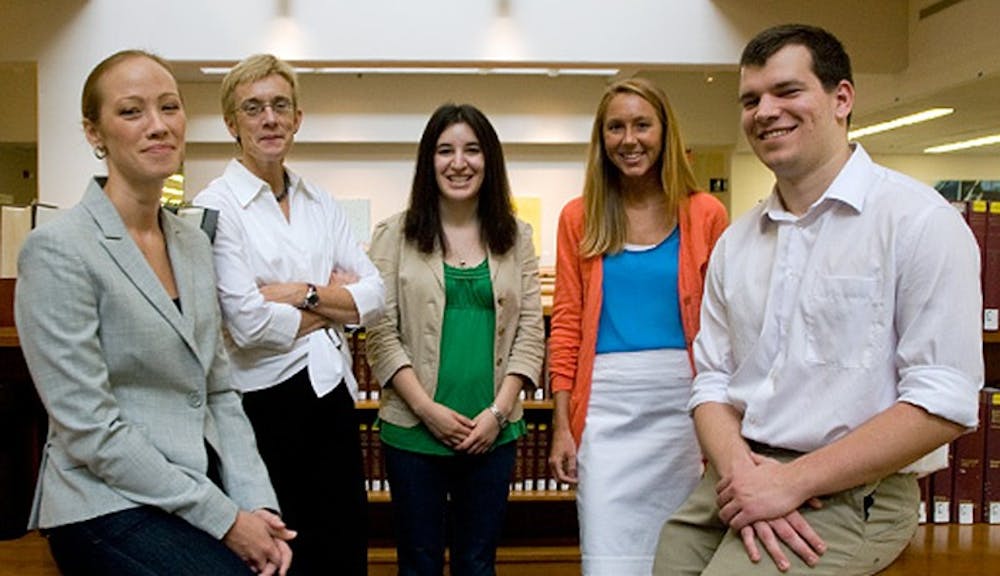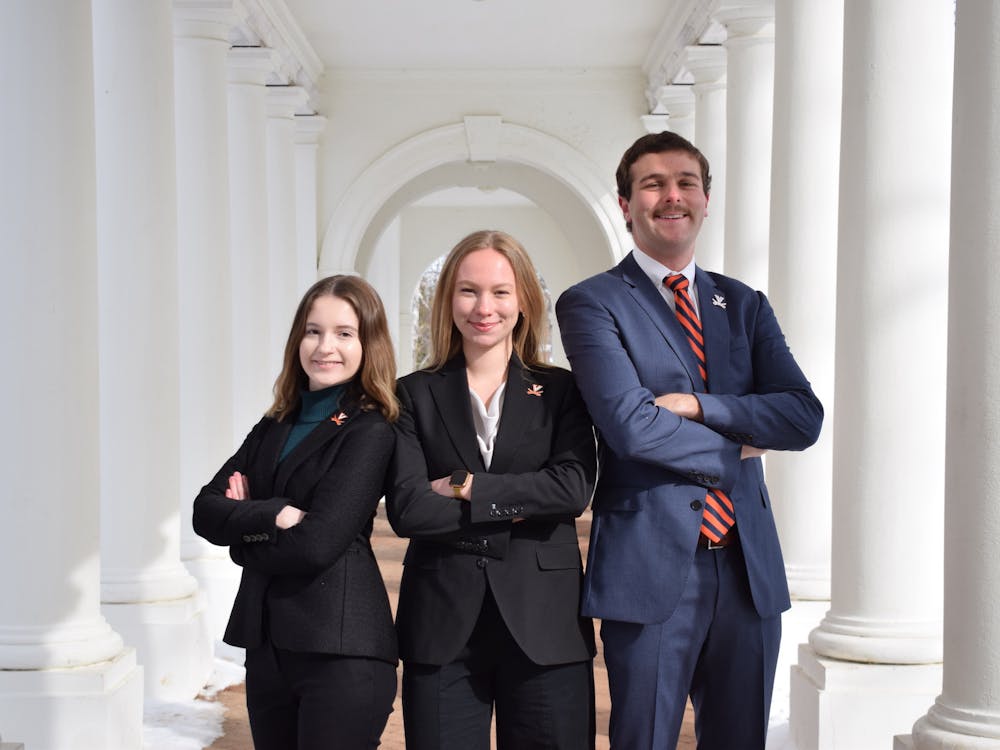Four University Law students and Law Prof. Anne Coughlin have started a project to fight for women's rights to serve in combat roles in the military. The initiative was started earlier this semester to call attention to the perceived institutional inequality in the military.
Law student Ariel Linet, one of the participants in the project, said the team formed after several of the students took Coughlin's "Law and Public Service" course.
"It really came from Prof. Coughlin," Linet said. "She's been teaching about the equal rights movement for women for many years, so it has come up sort of naturally for her."
The initiative, dubbed the Molly Pitcher Project, is named after Molly Pitcher, the woman who is said to have taken over loading and firing cannons on British forces in the American Revolutionary War once her husband fell during combat.
Law student Kyle Mallinak, another participant in the project, explained that the Pentagon has the ability to change the policy barring women from combat roles. Until 1994, a congressional statute prohibited women from serving in certain military capacities. In the early 1990s, the legislation came under review, and lawmakers began to seek alternative policies to address the issue of women in combat.
The statute was ultimately removed and it was replaced by an "internal Pentagon policy that also excludes women from high risk assignments that we would generally label combat roles," Mallinak said.
Mallinak explained that the group will only resort to litigation if necessary.
"We'd like to see the policy changed," he said. "If we have the opportunity to talk to officials at the Pentagon and get them to remove the categorical bar on their own ... there'd be no need for litigation. On the other hand, we know that we're dealing with the Pentagon ... where the pace of change is measured very, very slowly."
To that end, the group has retained the counsel of attorney Tally Parham, a female graduate of the Virginia Law Class of 1996 and a former U.S. Air Force Major and F-16 Pilot who was engaged in combat in Operation Iraqi Freedom.
The group knows that opening the door for women to engage in combat could face stiff opposition, but Linet dismissed those worries as ill-founded.
The concerns include "everything from women can't handle combat emotionally, women can't handle combat physically, ... it would destroy morale," she said. Linet said the logic behind keeping women out of combat is outdated, however, adding that the group has spoken with women who have served in the military alongside men without disrupting unit cohesion.
The project aims to preserve individual dignity and is not focused on diversity, Mallinak said.
"It's not based on the belief that we need a more diverse population in our units," he said. "You should not be defined by your gender. No critical standard should be lowered for women. We don't want exceptions or special treatment,"
Linet believes women are perfectly capable of serving in combat.
"Let them try," she said. "Open the combat test to women and take anybody who is qualified regardless of gender"







